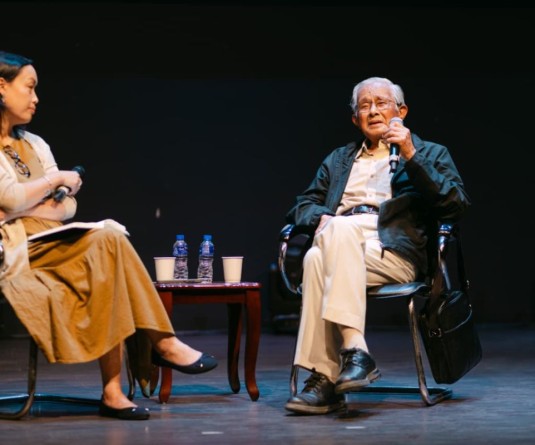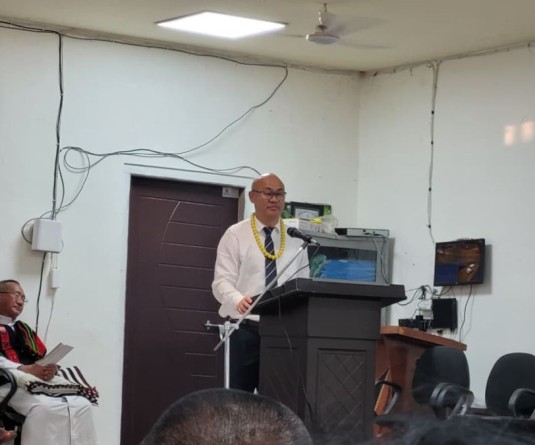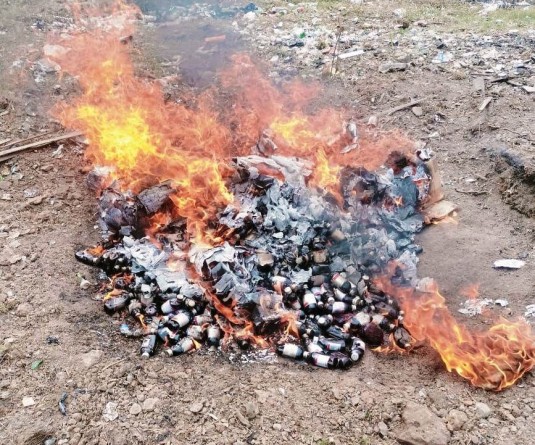
Kohima, October 8 (DIPR): Consensus on the 33% Women Reservation in decision-making bodies in Nagaland continues to elude policy-framing. During today’s consultative meeting in Kohima various ideas and suggestions were put forward by speakers from political parties and leaders from civil society organizations. The only apparent agreement was that the municipal elections should be held at the earliest.
While no concrete resolution on the reservation policy could be arrived at, there were a number of suggestions made that perhaps, in the long run, point to some solution. The session on the reservation policy session concluded with a number of suggestions for further discussions: take into account the ‘capabilities’ of women and scope of women empowerment; a system to nominate women; hold the municipal elections at the earliest and that any meeting should be informed in advance to prepare for proper discussions and deliberations.
There were speakers at the session that strongly held that women deserve the right to contribute to nation-building through any profession of choice according to their capability, and driven by their own conviction. Women are capable enough or even better than men to make their own decisions in any sphere of life – political, religious, and social or economy, some speakers opined.
Still there were arguments against the 33% Reservation of Women. Those who opposed the policy assumed that the 33.3% reservation is a controversial “item” passed “without proper examination and therefore irrelevant in the Naga context that can prove hazardous to women.” There were even some who claimed that the role of women in municipal councils and town councils in Nagaland “is very important for all the aforesaid reasons, but the entry distinguished and professional women should be through nominations which may be controlled by the authorized women bodies and not through compulsory elections.”






